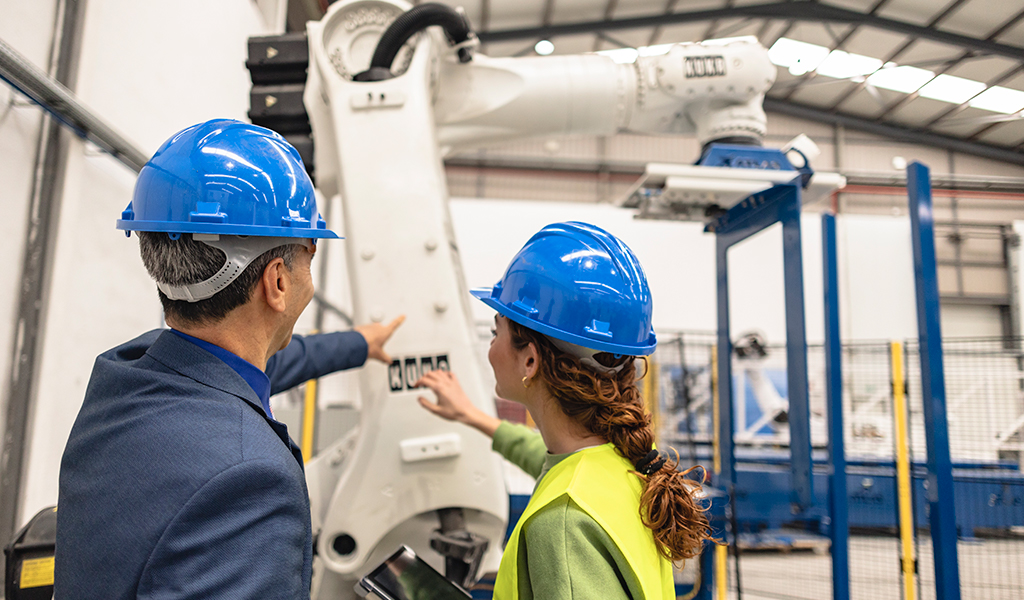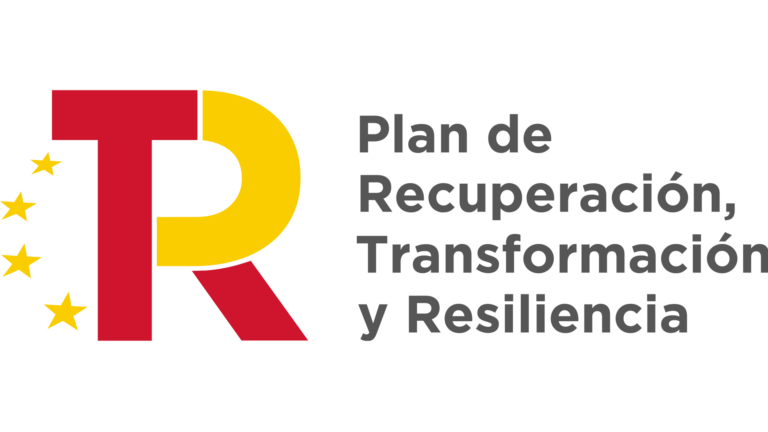
The advancement of industry and technology is changing the rules of the game and the daily lives of workers.
More and more companies, regardless of size, are turning to Robotic Process Automation (RPA) to perform the most tedious and repetitive tasks faced by their employees, giving them other, higher-value jobs.
What is RPA?
RPA stands for Robotic Process Automation. For many years the use of robots in factories or manufacturing companies has helped to improve production and reduce human errors during the process, allowing companies to grow and compete within their industry.
The main problem with this technology has been its accessibility, as only large companies installed robots in their factories. This was due to high prices and the need to hire specialists to operate them.
However, everything has evolved and nowadays any corporation can afford a robot in its production line. At Atlas, we have designed reconditioned collaborative robots that are accessible to SMEs that want to automate their processes.
In addition, robots can be used effectively by anyone with no prior experience or knowledge. Thanks to this development, many companies can compete head-to-head with the competition.
Uses of the RPA
The development of Industry 4.0 has allowed the advancement of robotics in the industrial sector, acquiring great importance within companies. Process automation is nowadays integrated in numerous sectors such as meat, cement, ice, feed or wineries and distilleries.
Within these sectors, RPA can have numerous applications, such as case and bag palletizing, board and glass handling or high-speed pick and place packaging.
Despite its multiple uses and applications, the main objective of this technology is to increase production and safety in the work environment, improving the final result.
You can consult the different solutions offered by Atlas Robots for the industrial sector at here.





